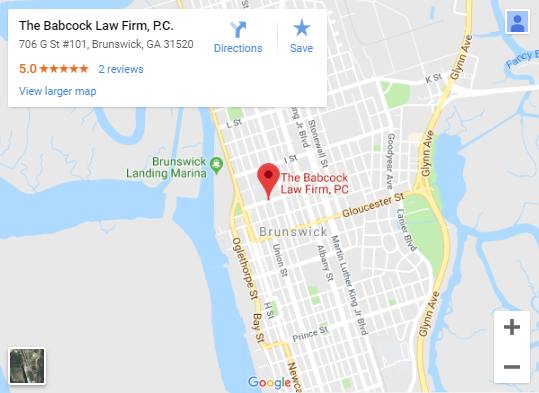One of the serious health risks we face, especially as we age, is stroke or cerebral infarction.
When a blood clot forms, it can block the blood supply to the brain, causing brain cells to die, and the resulting loss of function can be devastating.
Patients can be left paralyzed, and sometimes with impaired speech and sight problems, among other permanent neurological problems.

If the problem is caught quickly enough, there is a potential solution, depending on the type of stroke and circumstances. It is a clot busting drug that was developed over 20 years ago, TPA (tissue plasminogen activator), but it is commonly not used or discussed with patients that could benefit from the drug.
The treatment is not risk free—it can cause or make brain bleeding or cerebral hemorrhage worse. But hundreds of thousands of patients who could be helped by the treatment every year are not offered the option or given the drug when they present to their health care facility suffering from stroke symptoms.
Even though the treatment is not risk free, it is highly effective and should be considered if it can be administered within three hours, or perhaps up to four and a half hours, of the clot forming or onset of symptoms (including problems such as paralysis or numbness or problems walking, speaking, and understanding).
For other patients, the right choice may be a thrombectomy, where a surgeon removes the blood clot from inside the artery or vein. This kind of surgery may be effective beyond the 3 to 4.5 hour window for use of TPA.
Getting the right treatment can make a serious, positive impact in the quality of life of patients, making them less dependent on others and more likely to be able to care for themselves.
To provide proper care, health care professionals have to figure out what is happening to the patient and start the right treatment for that problem. In many stroke cases, the medicine is reasonably clear, and most patients, when offered the choice, would take the risk the treatment in order to avoid the clear and debilitating problems associated with a stroke. That is why informed consent is really important in these types of cases for patients, and where there is a lot of room for improvement in patient care within the health care industry.
For a lot of people – probably most – being left vulnerable and unable to live independently after suffering from a stroke is a fate feared worse than death.
Patients have a right to informed consent in these types of cases, and they should be asked if they want the TPA drug. Neurologists can measure, and patients will agree, that the ability to remain independent and perform the activities of daily living can mean everything to patients.
If you need help with a legal problem, whether it is a medical malpractice claim or not, contact or call The Babcock Law Firm for help with your case, advice, or a referral if it is not a matter we handle at 912-574-7575.
